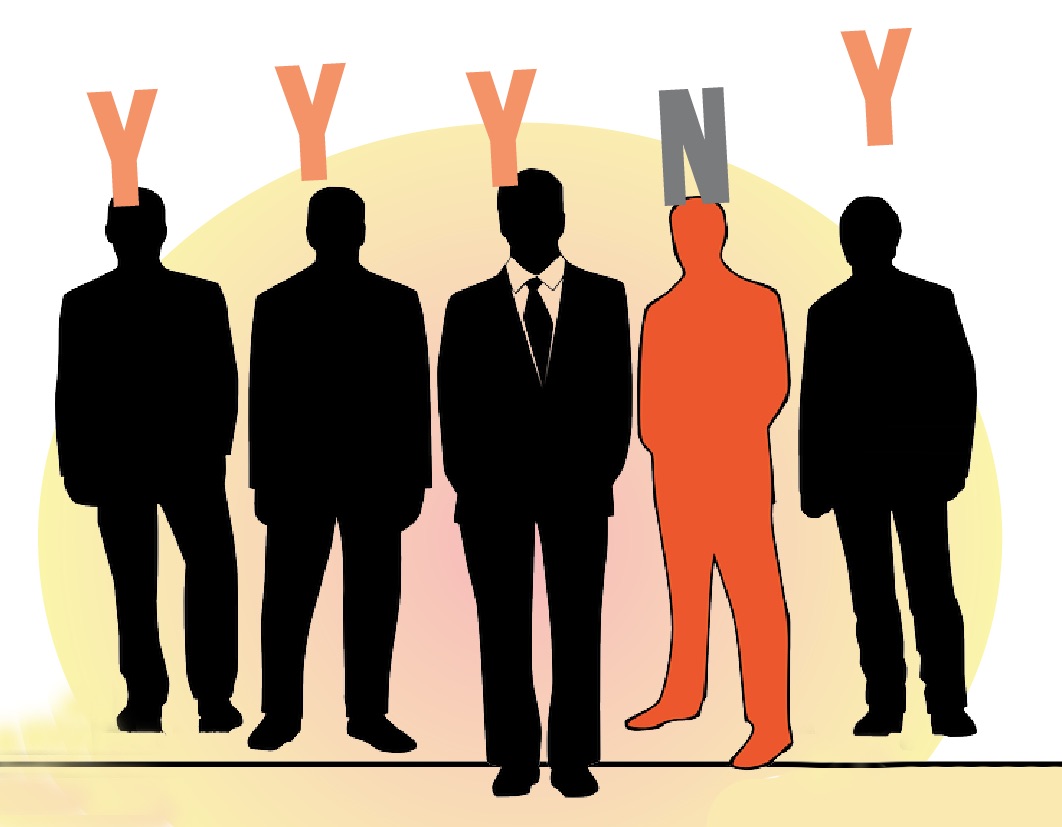Ever since the efforts of mankind at the tower of Babel, when the people sought to construct their own society based on their own agenda, the search for the perfect man-devised society has continued through the centuries. Indeed, since the advent of Enlightenment thinking in Europe in the eighteenth century, secular mankind has placed a particularly high value on his ability, based on reason alone, to find solutions to social problems. Recently we saw an example of this attitude in the pronouncements of Neil deGrasse Tyson, director of the Hayden Planetarium in New York City. This man is the philosophical successor of Carl Sagan who declared: “The universe is all there is, or was, or ever will be” (in his famous Cosmos series on the history of the universe). More recently Dr. Tyson has hosted a remake of Sagan’s Cosmos series for public television.
With this background and these attitudes, it is not surprising that Dr. Tyson has recently spoken in favour of a human society based exclusively on reason, a jurisdiction which he calls Rationalia. On Wednesday June 29, 2016 Tyson tweeted “Earth needs a virtual country: #Rationalia, with a one-line Constitution: All policy shall be based on the weight of the evidence.” A little critical thinking has led commentators, both secular and Christian, to declare that Tyson’s idea was most ill-advised.
Thus journalist and sociologist Jeffrey Guhin declared in New Scientist (July 6, 2016) that “a rational nation ruled by science would be a terrible idea.” He further declared that Tyson’s suggestion is a perfect example of scientism, where scientism is defined as “the belief that all we need to solve the world’s problems is — you guessed it — science.” He continued “People sometimes use the phrase ‘rational thinking,’ but it amounts to the same thing. If only people would drop religion and all their prejudices, we could fix everything.” Mr. Guhin continued that in recent decades many among the educated elite have hoped that science “would do more than simply provide a means of learning about the world around us. Science should tell us how to live …” But, says Mr. Guhin, the track record of science in this regard is terrible. He points out that the secular utopians of the twentieth century brought us eugenics, social Darwinism, racism and phrenology (where the size and shape a person’s skull was used to determine their character and potential for success in life).
What people who naively put their faith in science do not realize, said Mr. Guhin, is that scientific data needs to be interpreted. On its own, it does not point to any specific conclusion and what we think science is telling us, is based on our present day philosophical biases. Thus Mr. Guhin concludes that the potential for science to tell us how to live and what to think “simply requires insights and wisdom well beyond what science can provide.”
It may be easy enough to critique the views of a controversial figure like Neil deGrasse Tyson, but influential social scientists from around the world are promoting the concept of a new world order based on science. Like the builders of the Tower of Babel, these people imagine that a unified mankind can achieve the best society possible. In this context these people consider that in order to achieve the good life, we must exclude God, eliminate religion and perhaps the democratic choices of some local governments. When it comes to problem solving on this scale, there is only one universal solution possible and all must bow before it.
A commentator on the issue of universal social progress and sustainable living declares in the journal Nature (June 30, 2016) that “Modern science and technology have been nurtured by the fervent belief that they lead to social progress.” It has become clear however that science is not producing the desired benefits. Part of the problem, these advocates for social change say, stems from “The absence of a positive and cohesive long-term vision of whatever we could collectively aim for [and this] is one key factor responsible for this helplessness and impotence.” In order to alleviate this situation, 300 social science and humanities scholars from around the world have convened a new panel called the International Panel on Social Progress (IPSP) coordinated by a related foundation in Paris and by Princeton University in the United States.
This new panel considers that when it comes to global issues like climate change, the decisions of democratically elected governments should be condemned, they suggest, if these choices do not agree with the objectives of mainstream science. To the end that this panel hopes to propose universal solutions for all societies around the world, we might expect that few aspects of life will be left untouched. One group of these scholars has the objective to propose transformations (change) in economic aspects of life, another group will propose change in methods of government, and the last will examine how to change cultures and values. Everything is on the agenda, religions, families, health and education. Nothing is considered sacred. All our thinking can be changed, they suggest, in the interests of social progress and environmental responsibility. It is certainly interesting that these experts believe that religious faith, which determines one’s entire worldview, can or should be changed on the say-so of an international group of scholars. Like the people at the Tower of Babel, man thinks he can fix everything by eliminating God from the equation and doing it all on his own.
Thus as we encounter secularizing influences locally and internationally, it is good to remember that there is nothing new under the sun. The reflections of the current international panel should not surprise us at all. We will continue to critique scientism in all its manifestations and to defend the Christian worldview.
Margaret Helder
April 2017
Subscribe to Dialogue







